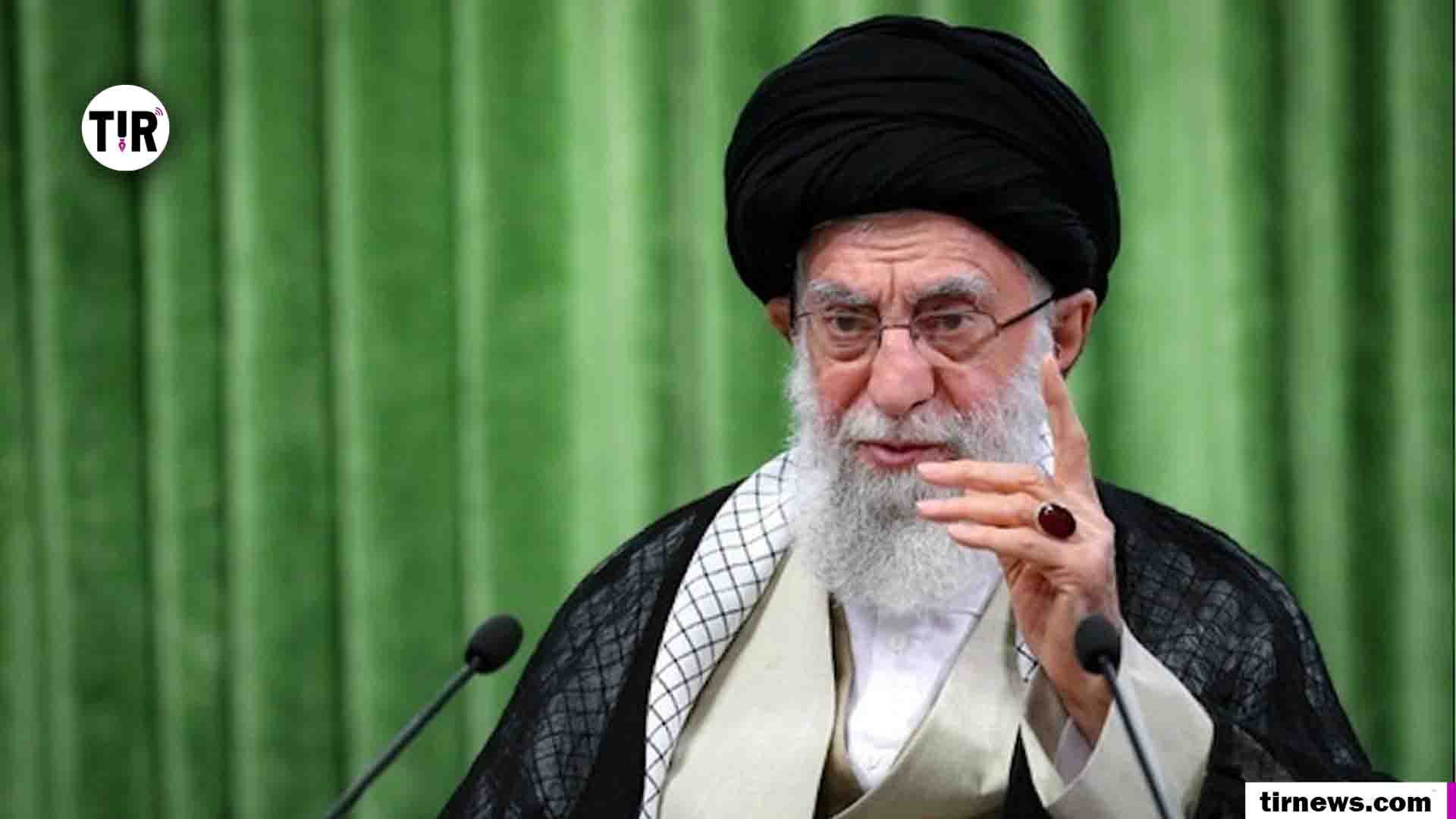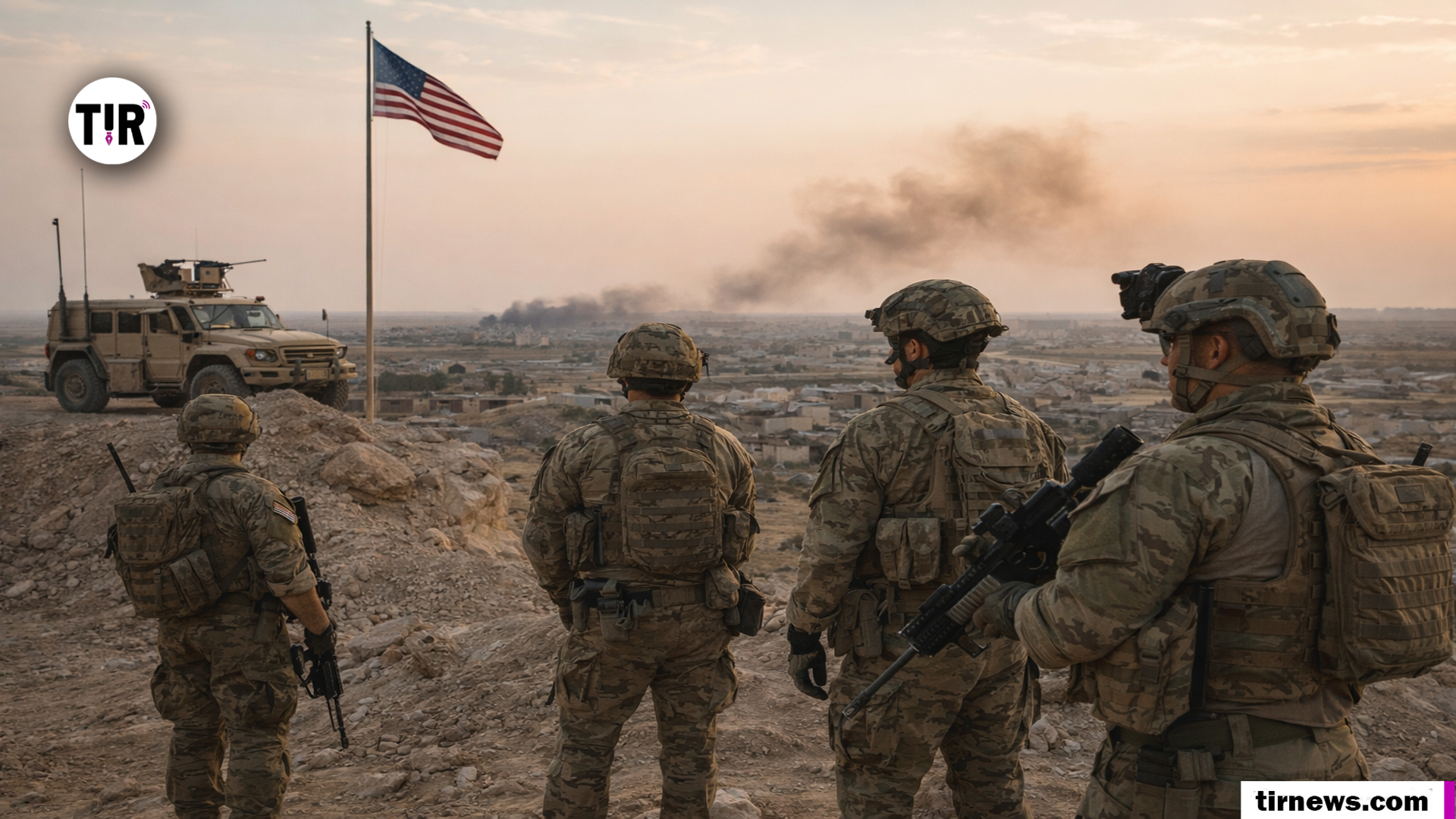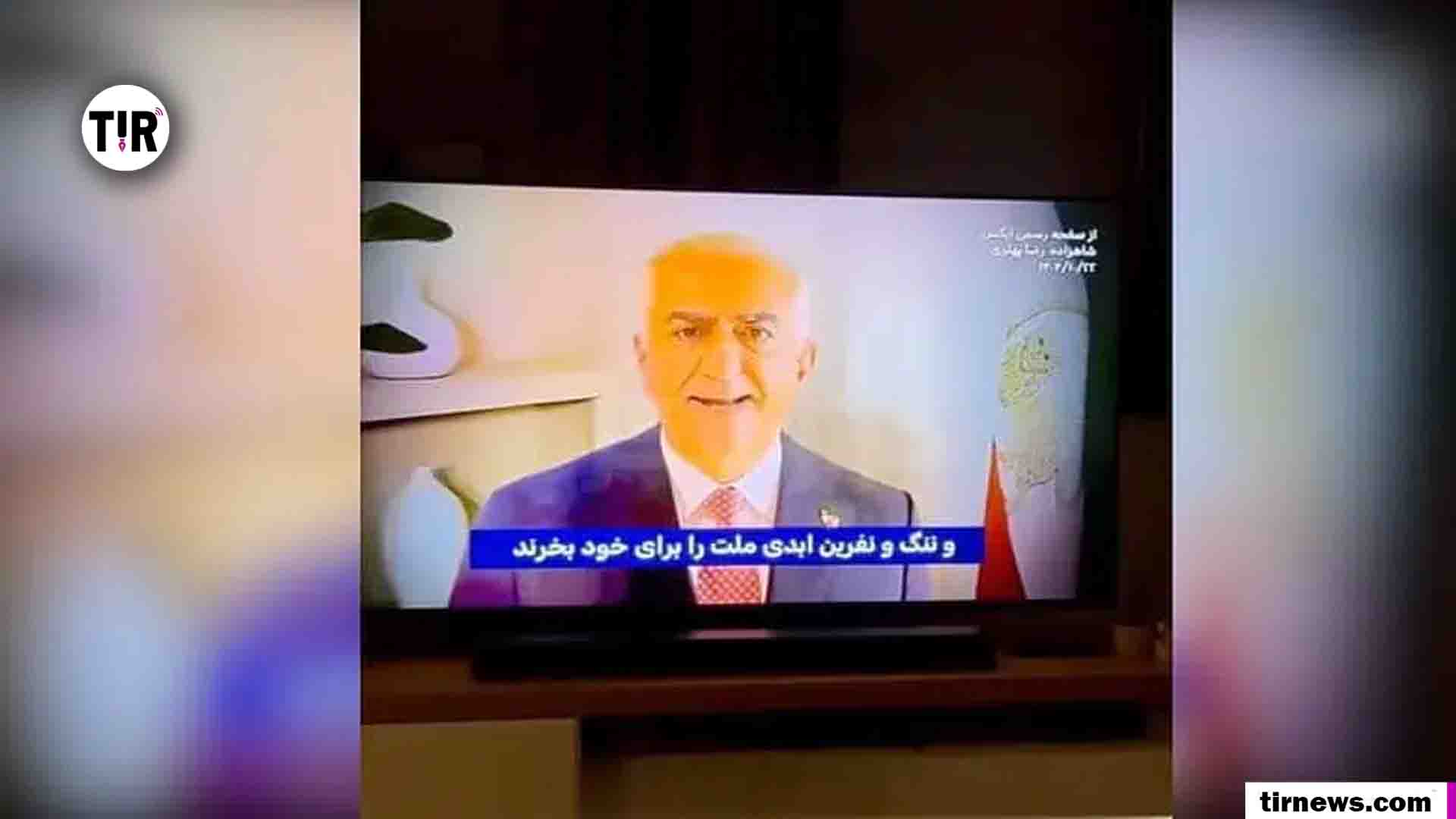On August 24, 2025, Iran’s Supreme Leader Ayatollah Ali Khamenei categorically rejected the notion of direct negotiations with the United States, asserting that Washington seeks nothing less than Iran’s submission. He labelled such expectations “offensive” and declared that Iran will never comply with demands to be “obedient” to U.S. interests—a stance he called “unsolvable.” (Reuters, Financial Times)
Speaking at a large religious gathering in Tehran, Khamenei criticized those advocating for talks with the U.S. as “superficial”, arguing they fail to grasp the deeper motivations behind American pressure. “This issue is unsolvable,” he said, pointing to the longstanding pattern of hostility. (Reuters, Financial Times)
He also referenced the June 2025 joint U.S.–Israeli attack on Iran’s nuclear facilities—an event that triggered the collapse of nuclear diplomacy and prompted Iran to sever ties with the IAEA. With tensions currently high, European nations have threatened to reimpose sanctions through the UN’s “snapback” mechanism if Iran refuses to return to negotiations by the end of August. (Financial Times, Reuters)
Broader Context & Implications
- Historical Hostility: Khamenei emphasized that U.S. antagonism toward Iran stretches back to the 1979 Islamic Revolution. He argued that while America once hid its intentions behind slogans like “human rights” and “democracy,” its true goal—obedience—has now been laid bare. (IntelliNews, Tasnim News)
- Internal Unity Over Division: Khamenei raised concerns that U.S. influence is now being exerted not through military force, but by attempting to stoke internal divisions. He urged all Iranians—officials, thinkers, and citizens—to maintain unity and resist such tactics. (Tasnim News)
- Nuclear Standpoint: Though European powers are cautiously advancing plans to restore sanctions, Iran insists that its nuclear program remains for peaceful purposes only—a position that continues to divide Western capitals about appropriate engagement strategies.



